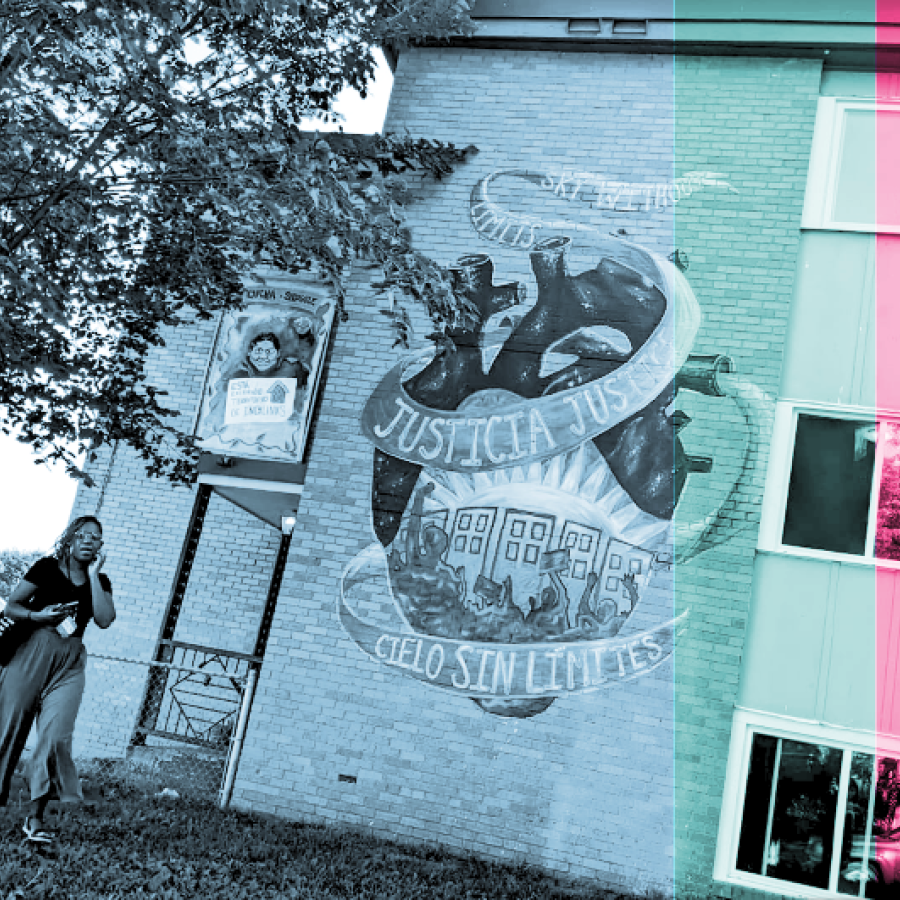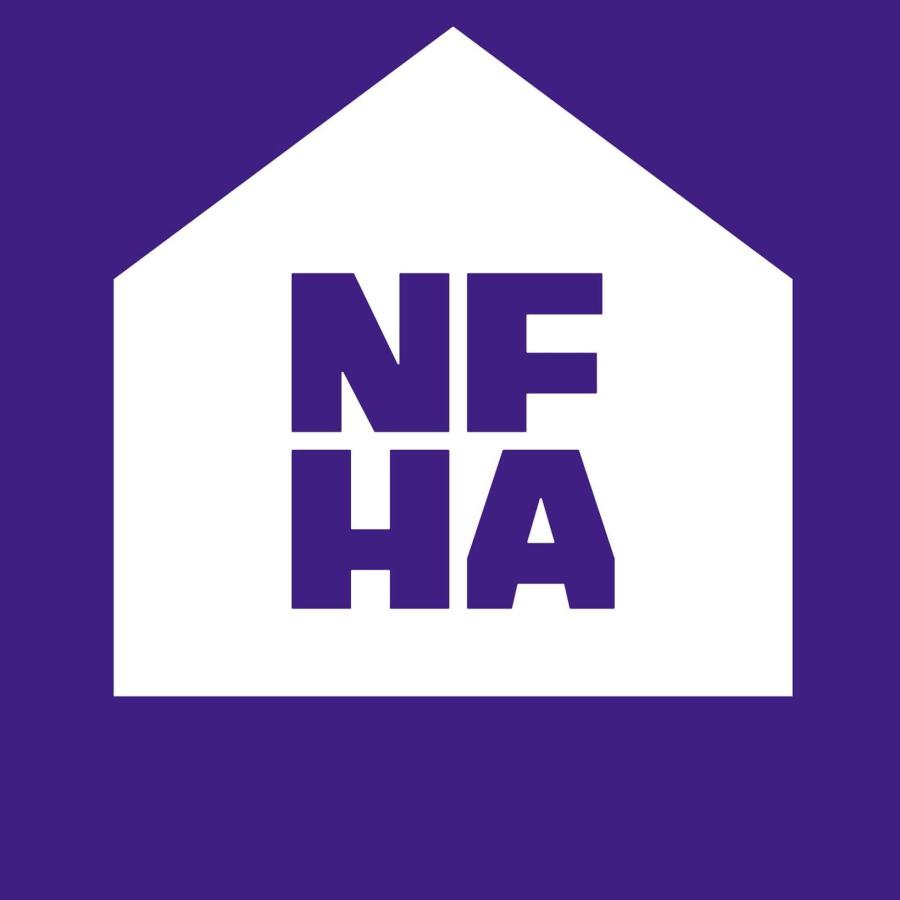Affirmatively Furthering Fair Housing is a Pathway to Inclusive Housing Futures
Picture this: a future where the zip code someone was born into no longer determines their health, level of education, or opportunities to thrive and live in pure abundance. In this future, state and local governments have the ability to develop, implement, and promote fair housing tools; address patterns of social inequities, segregation, and disinvestment; and invest in all communities for residents to reach their full potential.
On January 19, 2023, the US Department of Housing and Urban Development (HUD) announced a new housing provision that could be a critical tool in communities’ work towards new housing futures. The new proposed Affirmatively Furthering Fair Housing (AFFH) rule presents an opening for communities that have faced decades of housing divestment and displacement to design just housing futures across the country.
On April 24, 2023, after a two-week extension on the original April 10 deadline, the public comment period closed the proposed AFFH rule after receiving over 500 public comments. PolicyLink’s comment was one of many that not only supported HUD for reinstituting this bold rule, but also provided recommendations for HUD to strengthen the rule and encourage equitable actions across the country. Our partners also submitted letters that covered various topics, from advancing tenant protections to pursuing equitable public health outcomes. As HUD reviews comments, we encourage you to read the following comments and learn about fair housing issues and how they show up in your community.
- Alliance for Housing Justice
- Human Impact Partners
- National Housing Law Project
- National Fair Housing Alliance
- PolicyLink
- Poverty Race & Research Action Council
You can also review our public comment guide, “Designing Our Just Housing Futures: Affirmatively Furthering Fair Housing (AFFH),” which provides more background on the AFFH rule, an overview of the federal rule-making and public comment process, a step-by-step guide to support community-based organizations, organizers, advocates, and leaders in writing and submitting strong, equity-focused comments. Please note that the AFFH Interim Final Rule remains in effect during the proposed rule-making. Together we can work to ensure that the proposed AFFH Rule is the tool communities need to build their housing futures!
What is the Affirmatively Furthering Fair Housing (AFFH) rule?
The AFFH rule is a provision of the Fair Housing Act of 1968, which banned housing discrimination and predatory real estate practices. Today, this hard-fought law is still an important tool of defense for Black, Indigenous, Brown, and disabled communities and anyone marginalized because of their race, color, religion, national origin, sex, disability, or familial status.
The people who fought for and designed the Fair Housing Act understood that just outlawing the most obvious discrimination would not reverse the harms caused by entrenched racial inequities, from redlining to predatory lending practices and more. That’s why they added a provision that requires the government to Affirmatively Further Fair Housing — meaning any entity that gets our public federal funds for housing (from the Department of Housing and Urban Development, or HUD) has to show how they’re using that money to proactively end housing inequities, and all the ways they affect people’s lives — from access to good schools, public transportation, jobs, and clean water and air.
For decades, the AFFH mandate was in the law, but cities were not held accountable for addressing inequities. Cities receiving funds for housing could submit a report called an Analysis of Impediments on their efforts, but it was not required. And importantly, they did not have to involve the communities most affected by housing injustices in their process.
This changed in 2015 when the Obama administration, under advisement and in partnership with PolicyLink and coalitions of other housing justice advocates, instituted a strong AFFH rule. The 2015 AFFH Rule required key jurisdictions receiving HUD funds to open a public process in their communities to assess how they planned to address housing inequities and to target federal resources in a way that would increase access to housing choice and opportunity. This meant that housing justice advocates and communities facing eviction, discrimination, and displacement had a seat at the table in a new way. From New Orleans to Kansas City to Philadelphia, community advocates brought their ideas and demands for housing justice to the public record — from reforms like rent control and right to counsel in eviction proceedings to ideas about where and how public housing should be built, to language access issues in the housing market. Learn more about the key aspects of the 2015 AFFH Rule below.
In its one year of implementation, before the Trump administration repealed the 2015 AFFH rule, we saw early signs of success as the inaugural cohort of communities began to utilize the process. When Biden took office, HUD reinstated aspects of the 2015 rule (Restoring the Affirmatively Furthering Fair Housing Definitions and Certifications interim final rule), but the rule does not create an interim accountability structure or require a community planning process – yet.
What comes next?
The new proposed AFFH rule could be a critical tool in communities’ work for housing justice across the country. With community advocacy for the housing futures we all deserve, we can help make it the strongest AFFH rule to date.
The proposed AFFH rule is critical to winning on equity in America’s neighborhoods and communities - neighborhoods whose current racial disparities can be traced back to discriminatory laws and practices of the past, such as redlining, racially restrictive covenants, steering, and predatory lending. Now, we can imagine and design new policies to build the abundant housing futures that are ours.



